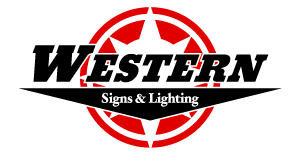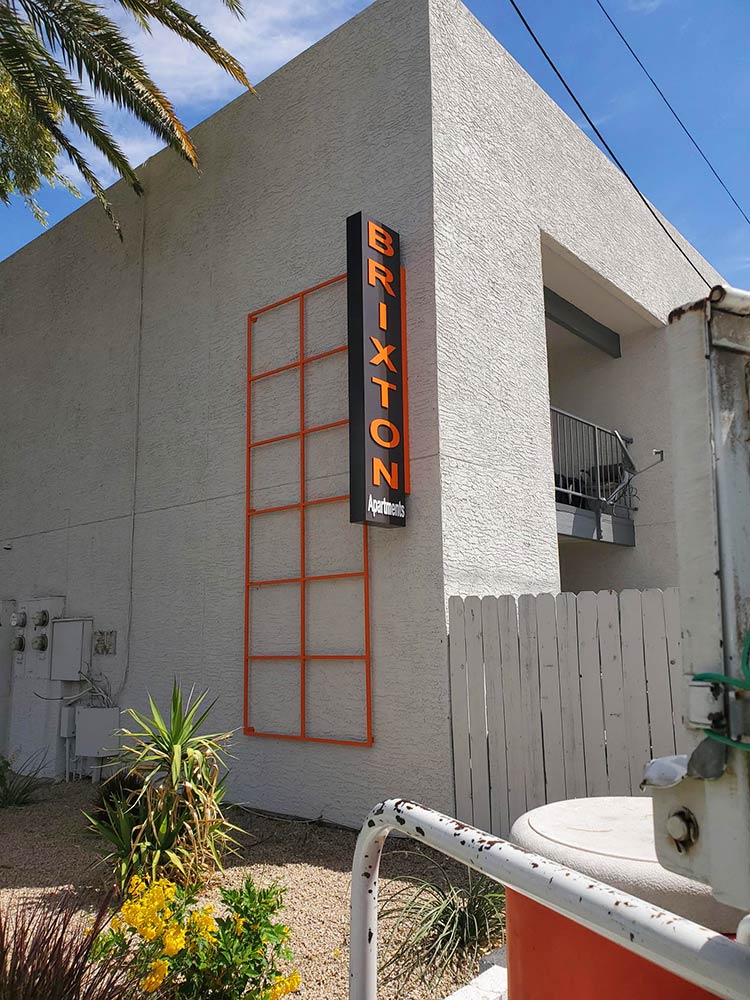Whether you can place signs in your front yard depends on a few factors, including local laws, homeowners association (HOA) rules, and any applicable deed restrictions. Here’s a breakdown of what you need to consider:
1. Local Laws and Ordinances
Most cities and municipalities have sign ordinances that regulate the types, sizes, and locations of signs that can be placed in residential areas. These laws can vary significantly, so it’s essential to check with your local government or city hall for specific regulations.
- Size and Height Restrictions: Some areas may limit the size and height of signs.
- Duration: There might be limits on how long a sign can remain in place.
- Content: Political signs are often protected, but other types of signs may be more regulated.
2. Homeowners Association (HOA) Rules
If you live in a community governed by an HOA, there will likely be additional rules regarding signs.
- HOA Covenants: Review the covenants, conditions, and restrictions (CC&Rs) of your HOA to understand what is allowed.
- Approval Process: Some HOAs require that you get approval before placing a sign in your yard.
3. Deed Restrictions
Sometimes, deed restrictions placed on your property when it was first developed can affect whether you can place signs in your yard.
Steps to Determine If You Can Place a Sign in Your Yard
- Check Local Ordinances: Visit your city or county website, or contact local government offices to understand the regulations that apply to residential signs.
- Review HOA Rules: If you are part of an HOA, review the governing documents or contact the HOA board for specific rules regarding yard signs.
- Consult Your Deed: Review any deed restrictions that may have been placed on your property.
- Permits: Determine if a permit is required for placing a sign in your yard. Some areas may require you to obtain a permit, even for temporary signs.
- Compliance: Ensure your sign complies with all applicable rules to avoid fines or having to remove the sign.
Common Sign Types and Their Regulations
- Political Signs: Often protected by state law, but there may still be size and time restrictions.
- Real Estate Signs: Typically allowed, but size and placement might be regulated.
- Event Signs: Signs for garage sales, birthdays, or other events may be allowed for a limited time.
- Commercial Signs: Usually prohibited in residential areas.
Conclusion
Placing a sign in your front yard involves navigating local laws, HOA rules, and deed restrictions. By understanding and complying with these regulations, you can avoid potential issues and ensure that your sign placement is legal and acceptable in your community. If in doubt, always consult with local authorities or your HOA before putting up a sign.
Western Signs Is A Local Sign Design & Installation Company In Phoenix
Our sign installation services have been created for customers all over the State of Arizona Including Phoenix, Mesa, Chandler, Scottsdale, Gilbert, Tempe & Glendale. Receive a free commercial signage quote anywhere in the Phoenix Valley by giving us a call today at (480) 831-8600.



















